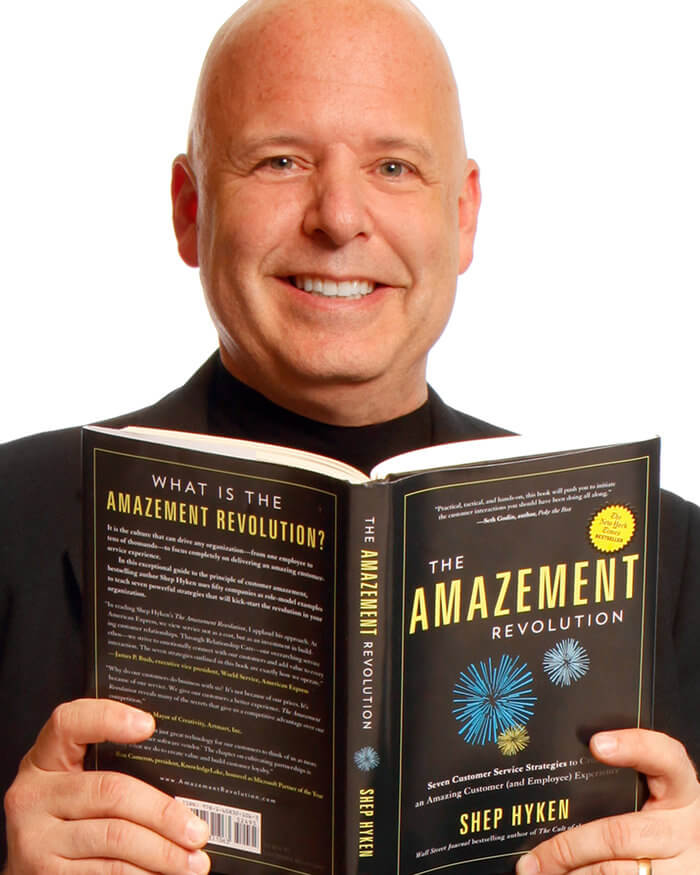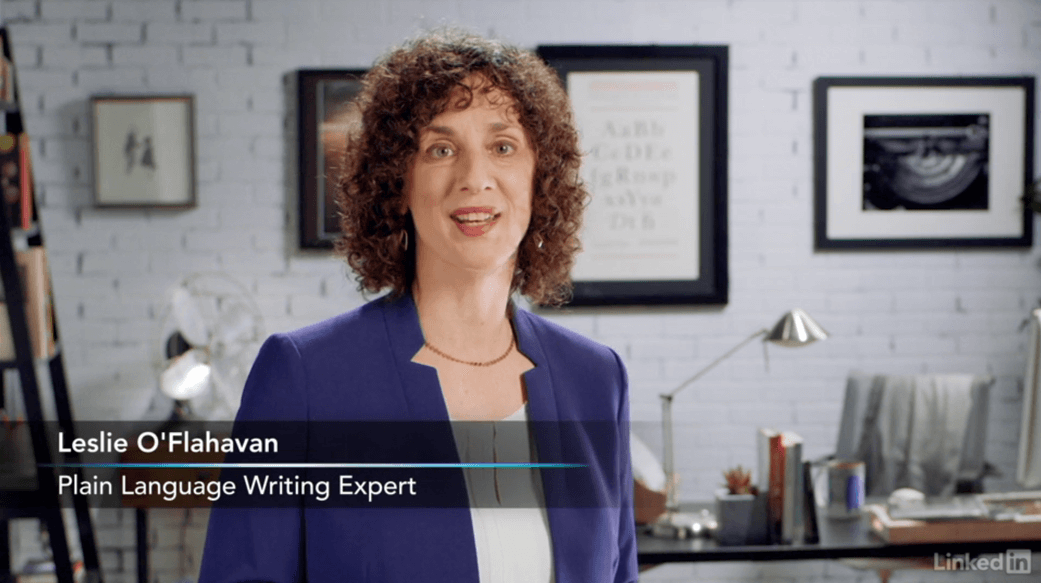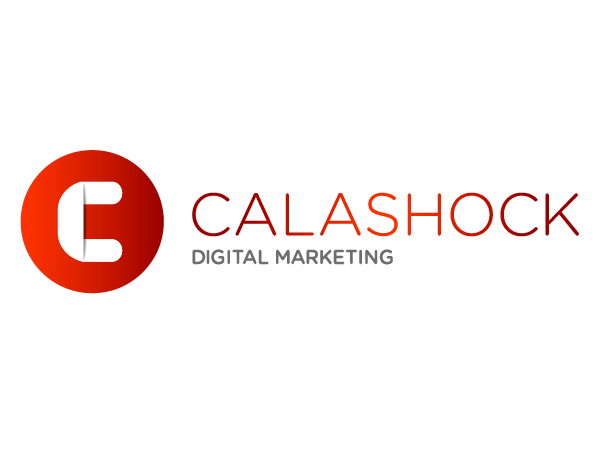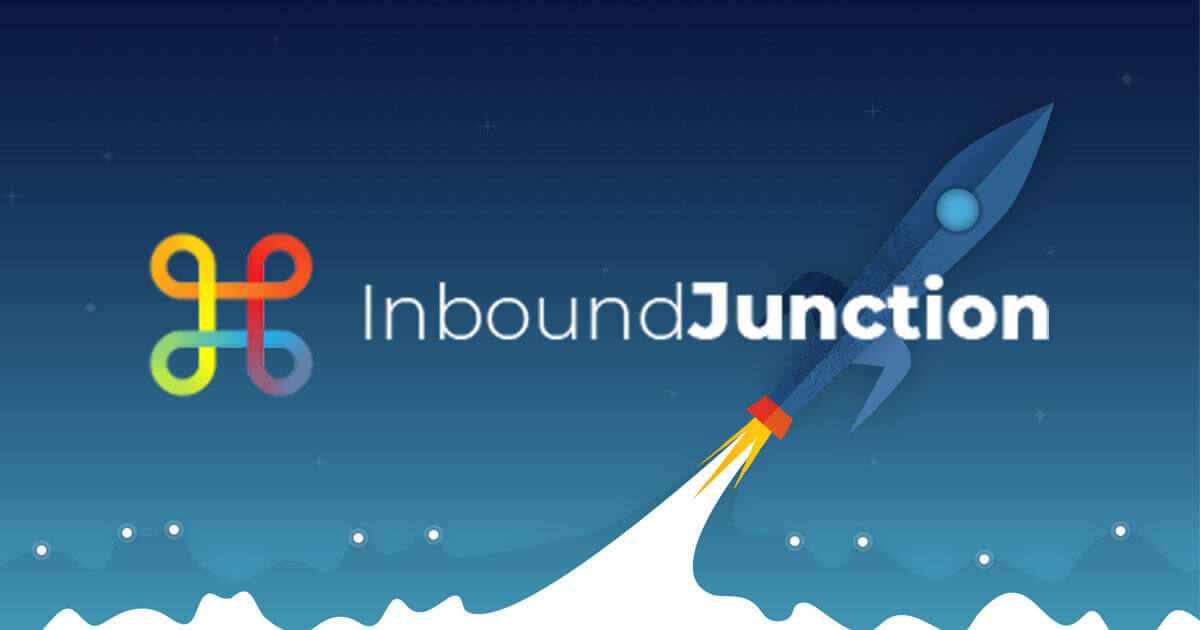It’s obvious that customer service and experience is a foundation of creating long-lasting relationships with clients. But what does the term ‘amazing customer service’ actually mean nowadays? How has it changed throughout time? Has COVID-19 influenced the main principles of providing great customer support?
Let’s find the answers to these acute concerns in our today’s interview with Shep Hyken! We compose a list of questions that may be helpful for both business leaders and customer service representatives and Shep kindly agreed to share his opinion. We’ll get to it soon, but first, let us introduce the outstanding CX expert - Shep Hyken!
Who is Shep Hyken?
As already said, Shep Hyken is not only a customer service and experience expert, but he also is Chief Amazement Officer of Shepard Presentations, Hall of Fame speaker, and Bestselling author.
He mainly collaborates with companies that want to build loyal relationships with their clients. Moments of Magic, The Loyal Customer, The Amazement Revolution, and Be Amazing or Go Home are only a small part of his amazing books! He is also the creator of a training program that helps clients develop the right mindset for providing excellent customer service that is called The Customer Focus™.
Shep Hyken gives speaking presentations on customer and internal service, building customer loyalty and experience.
That’s a short intro to Shep’s achievements, but now, let’s see what are his thoughts about excellent customer experience.

Shep Hyken’s start in customer service
Question: So, first of all, let’s talk about you and your career path. Where did you start and where are you now as a customer experience expert?
Shep: Well, I started my business in 1983. Prior to that, when I was a young boy aged 12, I started doing birthday party magic shows. My parents taught me the basics of customer service - be nice to a customer, say thank you to the customer, write thank you notes for the customer. You know, always give the customer more than they expect - show up a little early, stay a little late. All these things. Then, after the show, call and get feedback - what did they like, what did they not like, what can you do to make it better. So, all of these things I had no idea were called customer service.
But this was what they were teaching me and when I finally got into the real world after college, I thought: “What can I do with myself?”. I saw a couple of professional motivational speakers, and I thought: “Well, I have the entertainment background, I can also do that! I’ll write a speech, I’ll present it, and I’m gonna do it on customer service”. (By the way, I graduated from birthday parties to night clubs and corporate events.) And that was like decades ago (laughs). Not quite 40 years, but that’s quite a long time.
So, over the years my business evolved. I learned a lot from companies, did a lot of research, and that brings us up to today. That’s the short version of my whole life.
Some customer support cases
Q: What are the most favorite and most challenging aspects of your job and why?
Shep: Wow. Well, the most challenging is to remember that you always are an entrepreneur. So, I’m always working and building my business, and staying ahead of where everyone else is. That’s always a challenge. But, it’s a fun challenge which makes it my favorite part! And, it’s always giving new clients. New clients are important to the business.
Always working and building my business to stay ahead of where everyone else is - that’s always a challenge. But, it’s a fun challenge!
Q: Can you tell us about the most unusual case you’ve experienced at work and how did you handle it?
Shep: I would say that one of the toughest decisions I had to make was when I had a client when I started to learn and learn more about what their business is. I had to walk away from them because I didn’t agree with the ethics that were behind the motivation of selling to their customers. It was very difficult for me because, you know, who likes to turn away a client? But I think then you sleep easier at night.
How to ace the customer experience sphere
Q: What are the three qualities that you consider necessary for a customer support specialist and how exactly these qualities can assist on the way to success in the sphere?
Shep: Number one, we use the E-word - Empathy. It’s very big right now.
Number two, Resilience. Because you get to hear the people complain or tell you about their problems all day long and you have to be resilient in order to be going on to the next call and treat each person like they are the most important customer and nothing happened before that could impede that experience. But you just have to get over what has happened before.
Number three, Communication Skills. You have to be able to not so much articulate or what it is but be able to interpret what your customer needs and wants. So, you must really be able to listen. And that ties back to the first one, which is empathy.
Q: Do you have an everyday ritual that helped you achieve success and what is it?
Shep: You wake up and get out of bed (laughs). Seriously, they’re not so much rituals but there are several things that I have on a must-do list. And, actually, I always keep it on my desk. They are not so much that I do on a daily basis but these are things that I have to always keep in mind.
For example, I must manage my critical numbers - the numbers that are the most important to my business which also has to do with potential business - with leads and clients (not just existing ones).
I also need to exploit my social media and I have a very disciplined writing and content schedule that I adhere to, whether it’s writing an article, doing a podcast, or doing video. I have weekly staff meetings where we talk about very specific areas so I know my numbers and I know what’s going on.
Also, I read a tremendous amount. I get articles every day and I’m constantly searching through the web to keep my mind motivated and excited about what I do.
But, these are the types of things that I would call “rituals” not so much by the day.
Q: How do you keep up with the latest customer service trends and, maybe you can suggest some sources?
Shep: So, there are three things. I read a lot of articles. I try to do as much research or reports as I get. And it’s really amazing that depending on who is doing the research, the opinions differ. I’ll give you an example about Artificial Intelligence. One research says: “It’s the best, people love it!”. And then you read another research or report that says the exact opposite. But that’s okay, everybody is different and I get it.
Reading research and reports are the two things I do, and thing number three is we now do our own research. We do our own survey. We survey over a thousand customers, consumers to determine whether or not what we are hearing and seeing out there, we are getting the same results.
Related reads: Why Proactive Customer Support is a key to customer service of the next generation
Shep Hyken’s experience during COVID-19 pandemic
Q: Now, to the most popular question of the year, I guess. Is the COVID-19 pandemic a threat or an opportunity for your work?
Shep: For me personally, it’s very interesting. Although, it is a huge threat if you don’t see it as an opportunity. And that is not a cut-out answer. Because many of my friends who are running businesses haven’t figured out how to turn them around and be able to deliver to their clients what they used to do.
I’m usually hired to go on stage and present in front of a lot of people. Well, that’s not happening right now and hasn’t happened since March, and it’s probably not going to happen on a more regular routine basis again until late next year.
It only took a few weeks watching what was happening to realize that we don’t know when this [the pandemic] is going to end. So we have got to get moving on it.
So, what happens? I don’t believe in pivoting. When you pivot, you turn your back on something. But, what you should do is show flexibility, find alternative ways to do the same for your clients. It could be through virtual events, webinars, interviews, different types of content structure. And instead of doing our training programs in person, we’re really really good now at me doing speech online or my trainers delivering training with lack of better terms. We do them in Zoom format, it could also be Teams or another type of technology. But, that’s what we do.
And it only took a few weeks watching what was happening to realize that we don’t know when this is going to end. So we have got to get moving on it. Are we going to play catch-up, keep-up, or we’re not going to be in existence if we don’t move forward. So, I see everything that has happened not as a detractor or something so devastating but actually, as a promoter to the next level, as an accelerator if you will.
Special question
Q: Who is your personal hero?
Shep: I’ve got a hero in a speaking business. This is someone that I really admire. Years ago, I admired a business model created by my friend Dr. Tony Alessandra, and I really loved that model in business. Looking at alternative streams of income, not just getting on stage. There was a big play there.
Horst Schulze, co-founder of the Ritz-Carlton Hotel is just a rock star and he gets guest service so well. There is so much I can learn from just talking to him and I’ve actually had a chance to do that a couple of times.







